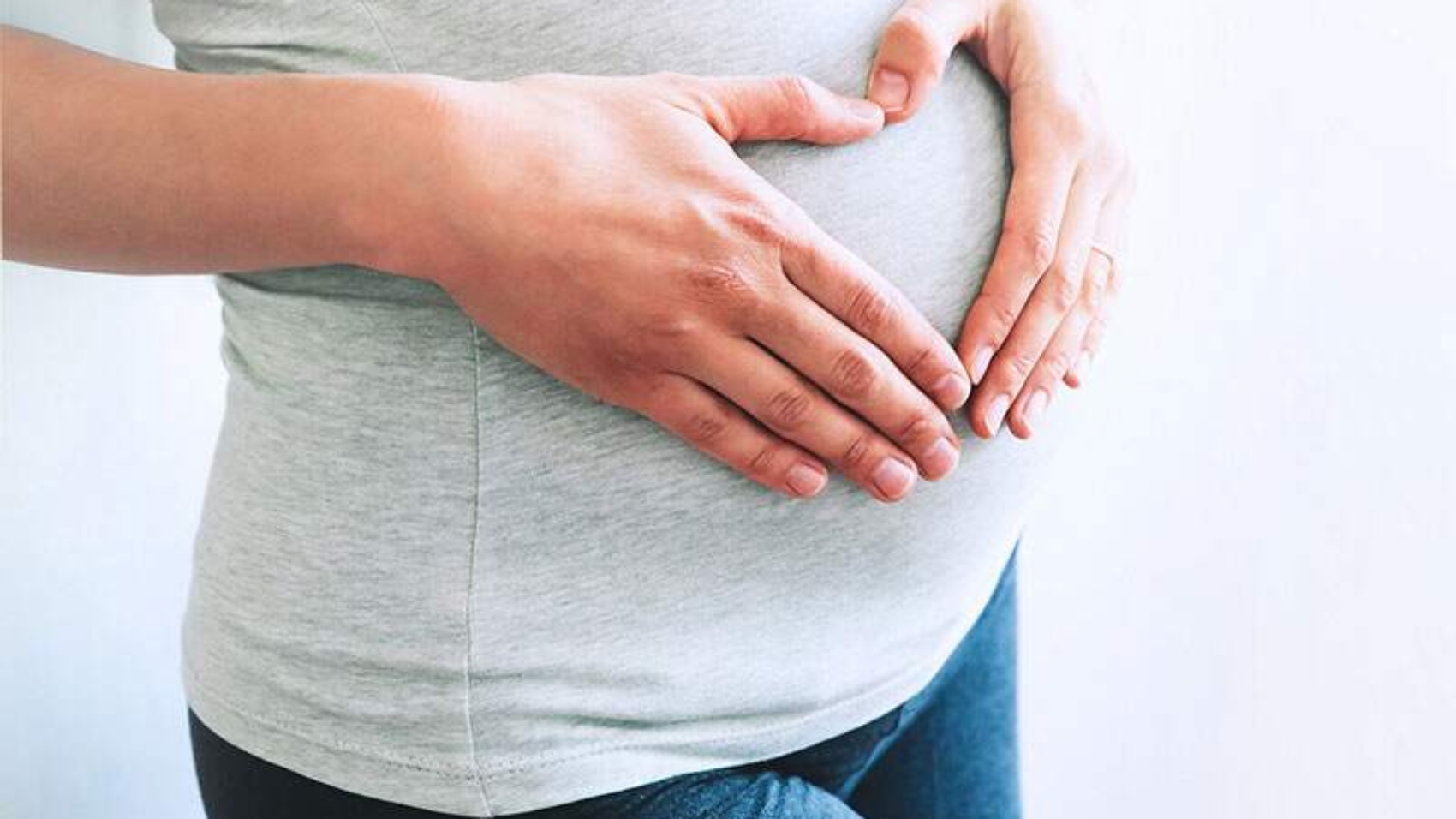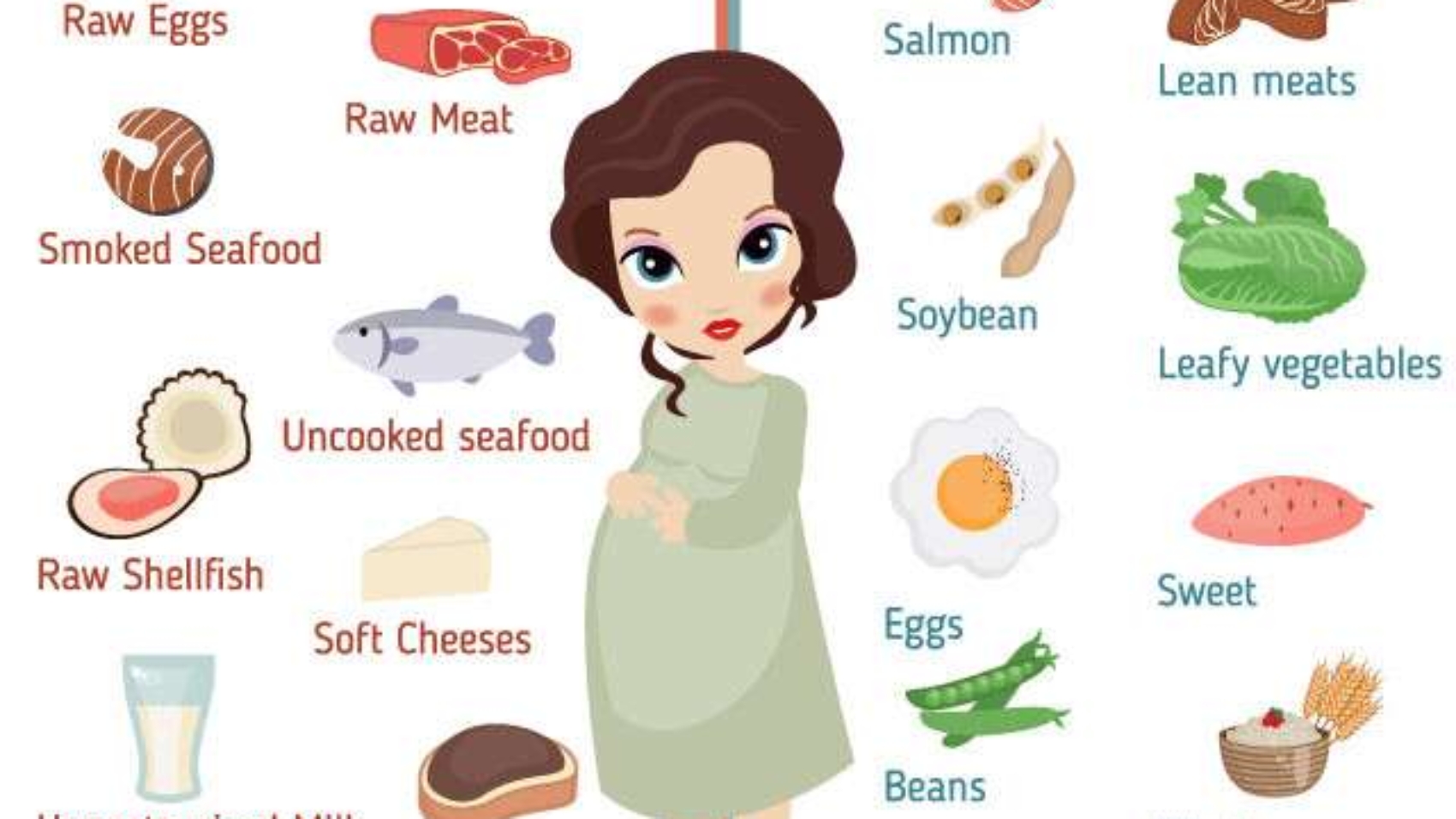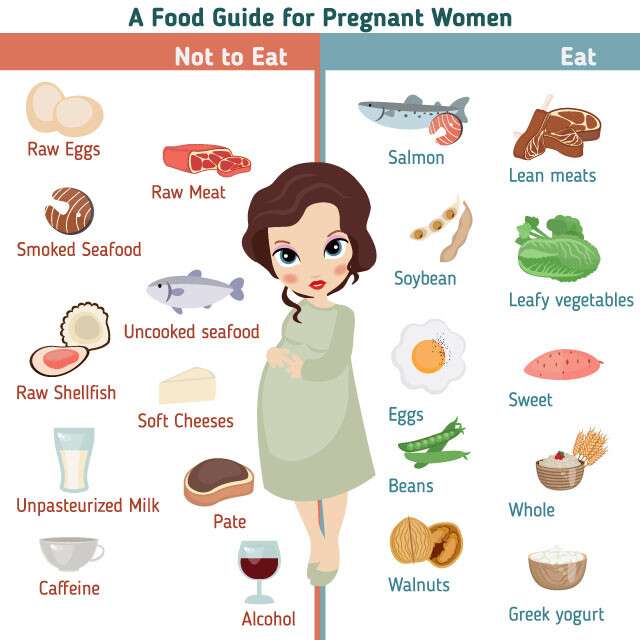
Pregnancy is a life-changing experience, and advances in contemporary pregnancy care have completely changed how this time is perceived and handled. Pregnancy care today provides expectant moms with a comprehensive and encouraging environment thanks to medical advancements and holistic methods. This article explores various perspectives, examines the most recent advancements in prenatal care, and emphasizes the significance of a comprehensive approach to maternal health.
Introduction to Modern Pregnancy Care
Over time, there has been a significant evolution in pregnancy care. Pregnant women in the past received little medical attention and were mostly dependent on customary practices. A wide range of medical, technological, and holistic techniques are used in modern pregnancy care to guarantee the health and well-being of both the mother and the unborn child.
The Development of Prenatal Care
Early Pregnancy Intervention
Monitoring the health of the developing fetus and the mother requires early prenatal care. Regular prenatal checkups, blood tests, and ultrasounds are part of this stage to identify any potential problems early on. Thanks to technological advancements in medicine, genetic disorders and abnormalities of development can now be detected much earlier.
Novelties in Prenatal Diagnosis
Contemporary methods of prenatal screening, like non-invasive prenatal testing (NIPT), provide safer and more precise means of identifying chromosomal abnormalities. By analyzing the fetal DNA present in the mother’s blood, NIPT helps to avoid more invasive treatments like amniocentesis. Many expecting parents now have peace of mind as a result of this innovation, which has dramatically reduced the risk of complications.
Technological Progress in Pregnancy Management
Ultrasonic Methodology
The grainy, black-and-white ultrasound pictures of the past have long since been replaced by much better technology. Parents can now see their unborn child move and even smile thanks to the detailed, real-time images of the fetus provided by today’s 3D and 4D ultrasounds. These developments help in the early identification of possible health problems in addition to improving the experience of bonding.
Wearable Medical Equipment
Fitness trackers and smartwatches are two examples of wearable health technology that have become indispensable for observing pregnant women’s health. Vital signs, physical activity, and sleep patterns can all be monitored by these devices, giving healthcare professionals useful information. This real-time monitoring aids in identifying any odd patterns that might call for medical assistance.
Services for Telehealth
Pregnancy care has changed dramatically as a result of the expansion of telehealth services, particularly during the COVID-19 pandemic. With the availability of virtual consultations, expectant mothers can now consult with their healthcare providers virtually, eliminating the need for in-person visits and lowering the chance of contracting illnesses. For people who live in remote locations or have restricted access to medical facilities, telehealth also offers convenience.
Comprehensive Methods for Pregnancy Care
Diet and Nutrition
An effective pregnancy starts with a healthy diet. The importance of a balanced diet full of vital nutrients like calcium, iron, and folic acid is emphasized in modern pregnancy care. With the widespread availability of dietary counseling and personalized nutrition plans, expectant mothers can now make educated diet decisions.
Exercise and Physical Fitness
Pregnancy-related physical activity offers many advantages, such as lowered risk of gestational diabetes and enhanced mental well-being. Prenatal yoga and swimming are two examples of prenatal exercise programs and classes that are specifically designed with expectant mothers in mind. These programs encourage physical fitness while taking the comfort and safety of the mother and child into account.
Support for Mental Health
Pregnancy care must address mental health, which is a crucial but sometimes ignored aspect. The significance of mental and emotional health during pregnancy is acknowledged by modern methods. To help expectant mothers manage stress, anxiety, and depression, counseling services, support groups, and mindfulness practices are being incorporated into prenatal care more and more.
Views on Contemporary Pregnancy Care
Views of Medical Professionals
The way that modern pregnancy care is shaped is largely dependent on healthcare providers. The most recent findings in research and developments in technology are the basis for regular practice updates for obstetricians, midwives, and nurses. Their knowledge and direction guarantee that expectant mothers get the greatest care possible during their pregnancy.
Experiences of Expectant Mothers
Expectant mothers’ experiences differ greatly, depending on a variety of factors including personal preferences, cultural beliefs, and healthcare accessibility. While some women may prefer a more conventional or holistic approach, many women value the safety and convenience that contemporary pregnancy care offers. Personalized care requires hearing and respecting these different points of view.
The Part Families and Partners Play
Families and partners are essential sources of support for expectant mothers. Participation of partners in prenatal visits, childbirth education classes, and the actual birth process is encouraged in modern pregnancy care. This all-inclusive strategy creates a nurturing atmosphere that is advantageous to the mother and the child.
The Significance of Tailored Pregnancy Care
Customized Treatment Programs
Since every pregnancy is different, customized care plans are necessary to meet the individual requirements of each expectant mother. Tailored care plans take into account the mother’s medical background, way of life, and preferences, guaranteeing a thorough and personalized approach to prenatal care.
Combining Tradition and Technology
The practices of traditional medicine and state-of-the-art technology are balanced in modern pregnancy care. While advances in medicine offer vital resources for tracking and managing pregnancies, conventional methods and holistic approaches also provide insightful information about the mental and physical health of expectant mothers.
Upcoming Developments in Pregnancy Care
Predictive analytics and artificial intelligence
Predictive analytics and artificial intelligence (AI) have the potential to completely transform prenatal care. Large volumes of data can be analyzed by these technologies to spot trends and anticipate possible issues. AI-powered solutions can help medical professionals make wise decisions, which will benefit the mother and child.
Individualized Medical Care
Personalized medicine, which adjusts medical care to a patient’s unique needs, is playing a bigger role in prenatal care. Thanks to developments in genomics and genetics, care can now be tailored to the fetus’s genetic profile as well as the mother’s, enabling more accurate interventions.
Improved Networks of Support
Better support networks that make use of social media and digital platforms will be a part of the prenatal care of the future. Expectant mothers can access resources, information, and peer support through online communities and apps. These networks support women in navigating the challenges of pregnancy by fostering a sense of empowerment and community.
Education’s Place in Pregnancy Care
Classes for Pregnancy Education
One essential component of contemporary pregnancy care is childbirth education classes. Numerous topics are covered in these classes, such as breastfeeding, newborn care, and labor and delivery. They give prospective parents the information and self-assurance they need to handle labor and the early stages of parenthood.
Apps and Digital Resources
For expectant moms, digital resources and smartphone apps have become indispensable tools. These resources provide convenient and all-encompassing support, ranging from monitoring pregnancy milestones to obtaining health-related information. Numerous apps also have tools for keeping track of fetal movements, contractions, and other crucial pregnancy-related information.
Ongoing Education for Medical Professionals
Healthcare professionals must receive ongoing education and training to stay current with the most recent developments in pregnancy care. Online courses, workshops, and medical conferences guarantee that medical personnel can offer their patients the best possible care.
Taking Care of Typical Pregnancy Concerns
Handling the Signs of Pregnancy
There are many symptoms associated with pregnancy, such as back pain and morning sickness. Many approaches to managing these symptoms are available in modern pregnancy care, such as medication, physical therapy, and complementary therapies like aromatherapy and acupuncture.
How to Avoid and Handle Complications
Preterm labor, gestational diabetes, and preeclampsia are just a few of the complications that can seriously endanger the mother and child. The management of these complications depends on early detection and intervention. Advanced screening methods and routine prenatal checkups are essential for both preventing and treating pregnancy-related problems.
Getting Ready for Delivery and Labor
An essential component of pregnancy care is getting ready for labor and delivery. Birth plans, pain management strategies, and information on different delivery techniques are examples of modern approaches. Understanding the available choices and being prepared for different scenarios can help expectant mothers feel more in control and less anxious about the birth process.
Postpartum Assistance and Support
Physical Recovery
For physical healing, the postpartum phase is crucial. Comprehensive postpartum checkups are a standard part of modern pregnancy care, and they serve to monitor the mother’s health and address any concerns, including infection, hemorrhage, and recovery following cesarean delivery.
Postpartum Mental Health
Anxiety and postpartum depression are prevalent issues that need care and assistance. Essential elements of postpartum care include counseling, support groups, and occasionally medication. New moms’ mental health can be considerably improved with early intervention and ongoing support.
Support for Breastfeeding
For the benefit of the mother’s and the child’s health, breastfeeding is strongly advised. Lactation support services are part of modern pregnancy care, offering advice and help to new mothers. Resources and education about breastfeeding assist in addressing obstacles and promoting effective breastfeeding.
In summary
Pregnancy care has advanced significantly in terms of protecting expectant mothers and their unborn children’s health and well-being. The comprehensive care available today has many advantages, from holistic approaches to technological advancements. Women are equipped with the knowledge, skills, and personalized care plans they need to confidently navigate their pregnancy journey. Future developments in AI, personalized medicine, and improved support systems should further advance the quality of prenatal care. The ultimate objective is to give all expectant moms a positive, safe, and healthy experience.
The field of modern pregnancy care is dynamic and ever-evolving, constantly embracing new developments and viewpoints. Through acceptance of these advancements and upholding a comprehensive strategy, we can guarantee that each pregnancy is assisted with optimal care.














